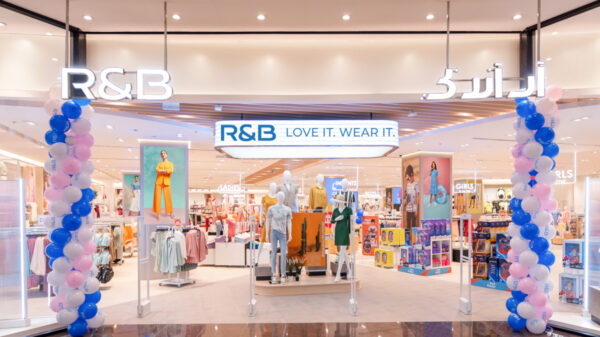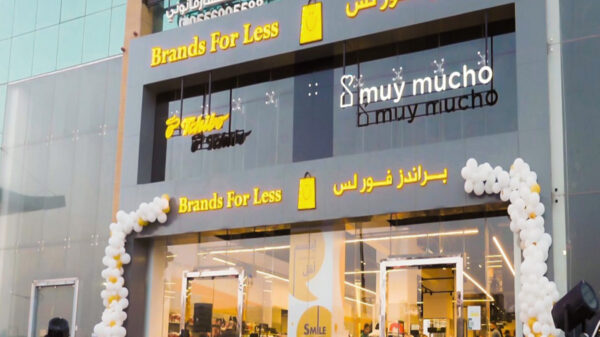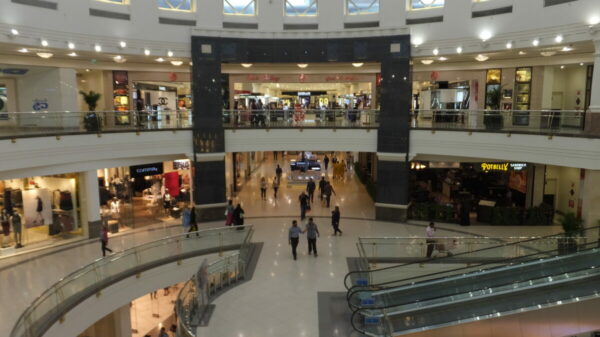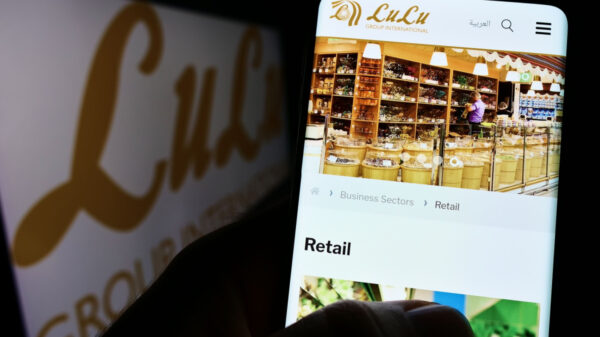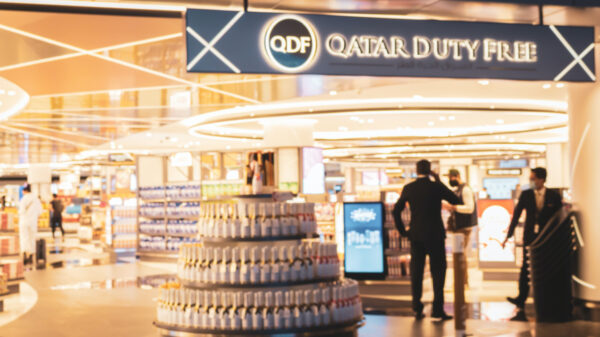The Middle East’s population has increasingly used e-commerce to purchase beauty products since the onset of Covid-19 in the region in 2020, according to RetailX’s Middle East Region Report 2022.
The report, based on Iran, Israel, Qatar, Saudi Arabia, Turkey and the UAE, says nearly half of consumers seeking beauty products have bought them online.
At 73 per cent, Saudi Arabia has the highest percentage of e-commerce sales for beauty products with the UAE closely behind at 68 per cent.
The yearly projected growth of e-commerce for 2020 in the Middle East was achieved in just three months.
The report says 90 per cent of the region’s population is active online, with 58 per cent shopping online in general.
Based on the report’s analysis of UAE millennials, 47 per cent say that they have purchased beauty products online in the past 12 months.
Most countries in the region recorded nearly equal purchases via mobile phone and desktop. Within the UAE, however, 72 per cent of purchases for beauty products were made via mobile phone, with just 28 per cent via desktop.
The report attributes the UAE’s mobile phone purchases to its social media usage being the highest in the region, with Instagram being consumers’ go-to platform for celebrities’ and influencers’ recommendations of beauty products.
Although Middle East consumers primarily seek international brands such as MAC, L’Oréal and Chanel, shoppers opt for multi-category retailers for their purchases rather than brands’ websites, says the report. Its examples include Souq and its parent company, Amazon, including ‘perfumes’ as a category on their main navigation panes.
Yet, amid this rise in e-commerce sales, the Middle East continues to see malls open, such as the Mall of Oman and the Dubai Hills Mall, continually adding to its portfolio of more than 400 shopping centres.
Faisal Durrani, partner and head of Middle East research at real estate consultancy firm Knight Frank, accounted mall activity to consumers seeking experiences rather than retail.
“While demand for new space from retailers has been muted, developers have taken note of changing attitudes and expectations of consumers, with the majority of new supply focusing on lifestyle or experience-based retail developments,” Mr Durrani told Arab News.
“Retail comes second to activities and experience that drive increased dwell times,” he said.
The RetailX report attributes the Middle East’s increased e-commerce activity in 2020 and 2021 to new online shoppers and the growing population of previously existing online shoppers.

